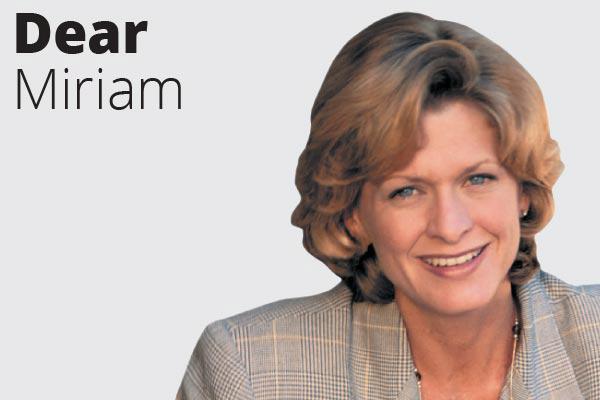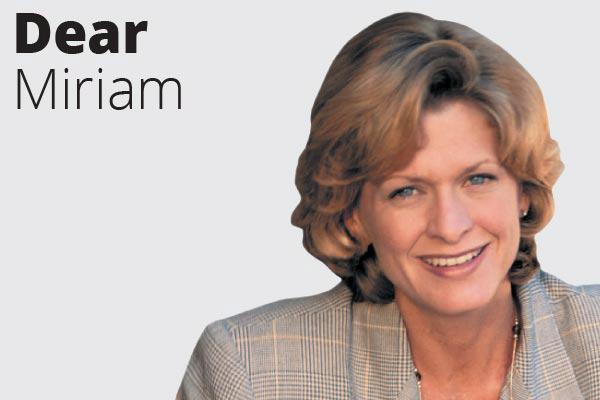Dear Miriam,
I read with interest your response to the “Leinster Lady” correspondent this week. While the daughter may benefit from counselling, I think you laid too much responsibility for the mother’s situation on the daughter.
I would recommend the daughter get a DVD of the film Paula Spencer by Roddy Doyle, and sit down and watch it some evening with her mother. She is also on the right track when she claims that her mother is enabling her father in his behaviour. Unfortunately, this becomes such an ingrained trait that it is very difficult to break. If her father suffers “psychotic episodes”, they need to report the next one to the Gardaí and the psychiatric services of the health service.
Kind regards,
Interested Reader
Dear Interested Reader,
First of all, thank you for taking the time to get in touch. I always welcome feedback from readers.
While, of course, I appreciate your opinion on the advice given, I would have to disagree that I laid too much responsibility on the daughter’s shoulders. I was very firm that the daughter needed to start putting herself and her own family first, and that, at the end of the day, only her mother could break the cycle and take control of her own destiny. That said, it was very clear that even though her siblings had washed their hands of the matter, she was reluctant to do the same. I suppose that’s why I suggested counselling: (a) as a means to come to terms with the impact of her parents’ relationship on herself and (b) to develop the strength and skills to be able to support her mother, yet protect herself too.
Again, that is just my opinion on the situation and I am always interested in other people’s suggestions. I think that you are absolutely right that “enabling” is a very difficult trait to break, and that people should be reminded that they should not be afraid to access supports like the health service or Gardaí if they feel in any way at risk. Hopefully, “Leinster Lady” might be able to take something useful from both of our suggestions.
‘Many people love the land more than anything else’
Dear Miriam,
As a regular reader of your column, I’ve noticed an increasing number of rural people writing to you with marriage difficulties. The number of people who find themselves trapped in loveless marriages is quite disturbing.
One thing that people need to seriously take on board is that marriages of convenience are doomed to failure – although I firmly believe that when two people walk down the aisle, they believe they are doing the right thing and that marriage is forever. As the song goes: “Love and marriage is like a horse and carriage.” So when two people decide to get married, the pertinent questions to be answered are:
For the man: Am I marrying the woman I love or am I marrying a salary of €30,000, €40,000 or €50,000 per annum to enhance my farm?
For the woman: Am I marrying the man I love, or am I marrying 150 or 200 acres of prime farmland?
If people marry for the wrong reason, that marriage will inevitably break down and no amount of counselling by ACCORD or anybody else can fully resolve this serious problem. Many rural people have a great love affair with the land that goes back generations and, even to this day, many people love the land above anything else.
One of the best Irish plays ever written was The Field by Listowel playwright John B Keane, and it is as relevant today as when John B first put pen to paper.
Yours sincerely,
Rural Observer
Dear Rural Observer,
I agree that many things have not changed much since John B’s day – but, ultimately, doesn’t that come down to human nature? Many people would also do well to mull over the “pertinent questions” that you set out – so simple, but yet so true. Thank you for taking the time to get in touch. CL










SHARING OPTIONS